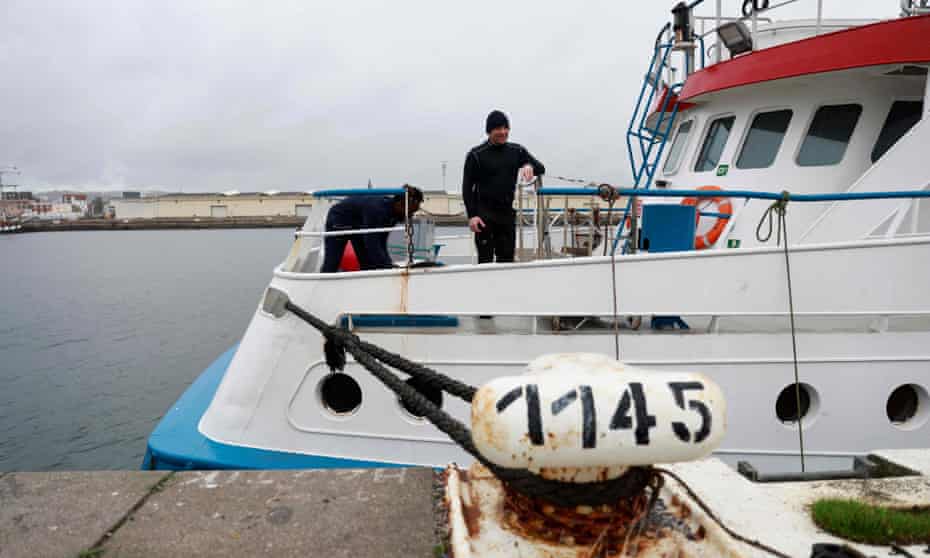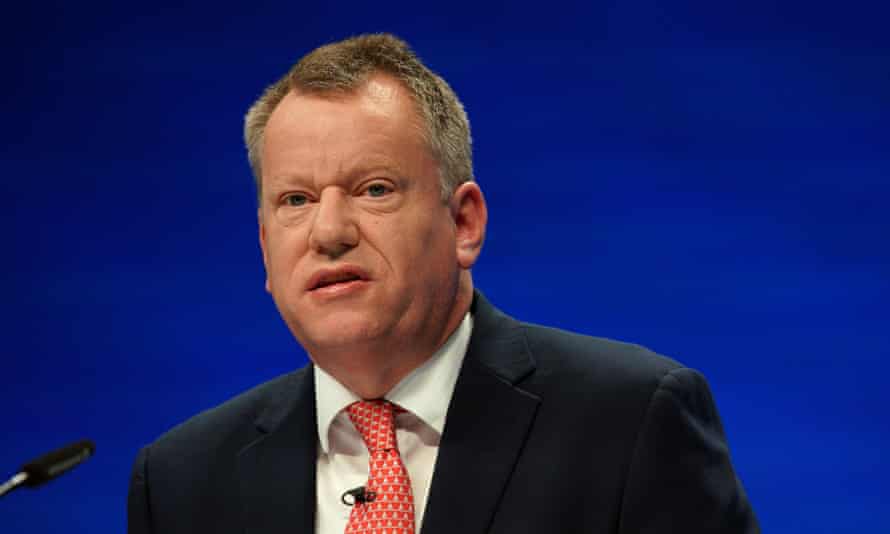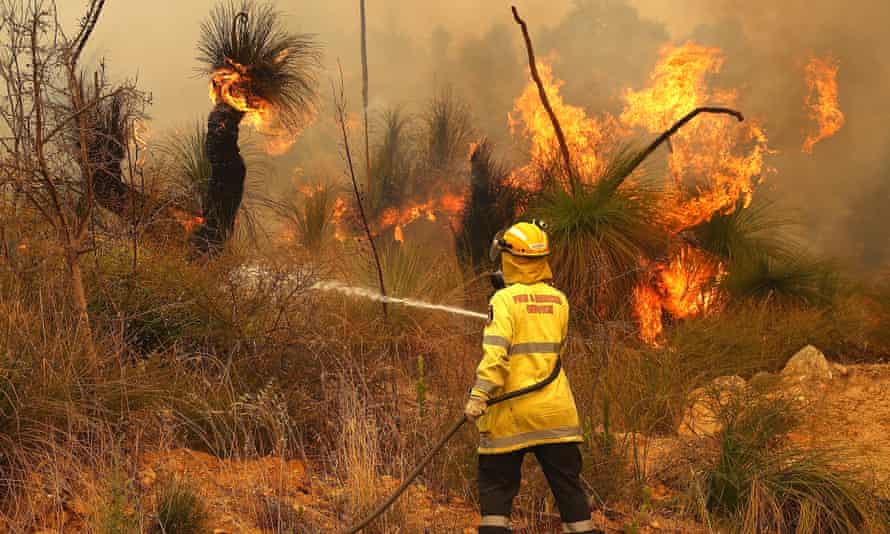France and UK told: end dispute or you’ll wreck Cop26 summit
Scientists and experts in despair over fishing row, as prime minister declares summit will be ‘world’s moment of truth’

Last modified on Sun 31 Oct 2021 01.13 EDT
Leading scientists and environmentalists called on Boris Johnson and Emmanuel Macron to declare an immediate ceasefire in a bitter Anglo-French row over fishing rights on Saturday as fears grew that the UK’s arguments with its EU neighbours could overshadow the crucial Cop26 summit on climate change.
On the eve of the UK hosting 120 world leaders at the meeting in Glasgow, the prime minister said the summit would be “the world’s moment of truth” and could mark “the beginning of the end of climate change”. Speaking at a meeting of G20 leaders in Rome, he added: “The question everyone is asking is whether we seize this moment or let it slip away.”
But as the countdown continued, there was exasperation among green groups and scientists at the way UK and French governments were at each other’s throats in an argument over fishing rights, at a time when the UK is also threatening to invoke article 16 of the Northern Ireland protocol in a move that could trigger a new trade war with the EU.
Johnson’s Brexit minister, Lord Frost, threatened action against France on Saturday as he reacted furiously to comments by French prime minister Jean Castex, who said in a letter to European Commission president Ursula von der Leyen that the UK had to be shown that it “causes more damage to leave the EU than to stay in”.

Frost said: “To see it expressed in this way is clearly very troubling and very problematic in the current context, when we are trying to solve many highly sensitive issues, including on the Northern Ireland protocol. This is all the more so as the threats made by France this week to our fishing industry, to energy supplies, and to future cooperation, for example through the Horizon research programme, unfortunately form part of a pattern that has persisted for much of this year.”
The UK government, according to Frost, was “actively considering launching dispute settlement proceedings as set out in article 738 [of the trade and cooperation agreement]”, which could lead to the use of tariffs on French goods if arbitration failed.
At the G20 in Rome, Johnson also made his feelings known to Von der Leyen, saying that French threats to hold up British exports in response to the dispute over fishing licences were “completely unjustified”.
Asked if he believed there had been breaches of international rules by France, Johnson said: “I am worried that there might be. I am looking at what is going on at the moment, and I think that we need to sort it out, but that is quite frankly small beer – trivial by comparison with the threat to humanity that we face.”
But Paris and London’s heated arguments, on the brink of a climate change summit regarded by many as the most important gathering of world leaders ever, caused astonishment within the scientific and environmental communities.
Professor Lord Nicholas Stern, whose landmark government report in 2006 warned of the catastrophic results of delaying action on climate change, said the UK and France needed to work together to address climate change rather than argue about an issue that was “comparatively trivial”.
“There is a history of French and British leaders joining forces on climate change despite major political differences, such as Jacques Chirac and Tony Blair after the Iraq war. And both countries must also find a way to work with China on climate change,” he said.
Chris Venables, head of politics at environmental charity the Green Alliance, added: “It’s quite frankly ridiculous that this row could destabilise the start of Cop26. They should clear this up as soon as possible, and move swiftly on to the rather more important matter of protecting the future of our planet.”
The Glasgow summit, which opens on Sunday, will determine if hopes of limiting a rise in global temperature to under 1.5C can be realised. Failure could trigger disastrous global heating, scientists have warned.

An overheated world would lead to calamitous rises in sea levels, heatwaves of increasing intensity and droughts of lengthening duration that would leave tens of millions of people without homes or food.
Delegates from almost 200 countries will be involved in hammering out an agreement to prevent such scenarios – though climate experts have warned that they now have very little room or time for manoeuvre. Global average temperatures have already risen by 1.1C since the industrial revolution and only stringent emission cuts will prevent that increase from topping 1.5C.
However, developing nations – infuriated by the UK’s recent foreign cuts – are expected to clash with richer countries over the funding that the former say they should be given to help them introduce the green technologies needed to replace their coal- and oil-burning power stations.
At the same time, Arab states want to continue drilling for oil for as long as possible, while Pacific island states – who could soon be wiped out by swiftly rising sea levels – are seeking a rapid halt to the extraction of all fossil fuels. It will be the task of Boris Johnson and Cop26 president Alok Sharma to ensure an agreement among these competing groups.
Shadow business secretary Ed Miliband, who attended the 2009 Copenhagen summit as the UK’s climate minister, said that as the summit opens “we are miles from where we need to be” in terms of national plans to curb global warming. “The fate of future generations depends on the fate of the next two weeks.”
Keir Starmer told the Sunday Telegraph he was “very frustrated” by Johnson’s lack of leadership on tackling climate change, accusing him of throwing the Glasgow conference targets into jeopardy.
The Labour leader said: “The prime minister is turning into a commentator, rather than a leader in relation to Cop26, lowering expectations by a commentary instead of leadership on the global stage.”
